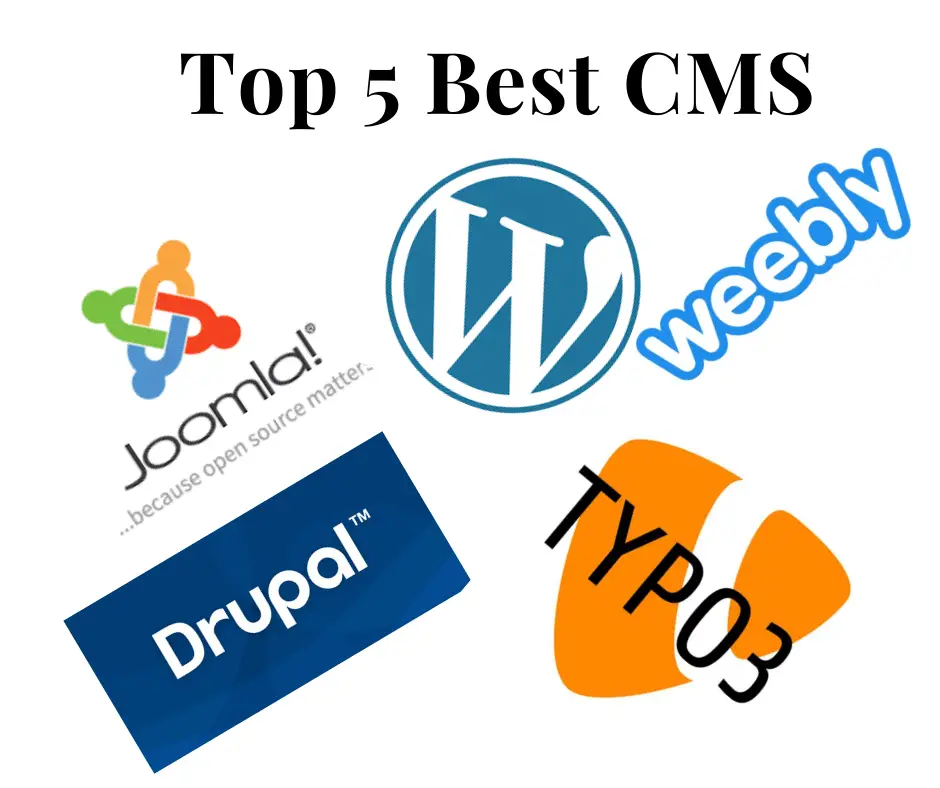Why moving your Business to Cloud can be a Game-changer
Moving an organization’s operations or in short, your business to cloud is one of the most mind-boggling technological developments of the past decade. The advent of cloud computing has greatly altered the IT industry. The term “cloud computing” is used to describe the delivery of data centre-hosted application platforms, operating systems, middleware, and infrastructure. Users may get it whenever they need it online.
When it comes to streamlining their expansion procedures, organisations may choose between three different service models offered by cloud computing.
- Infrastructure as a service (IaaS)
It’s a way for businesses to get computers, data centre space, and IT staff on demand. It lets them avoid spending a large sum of money on an in-house data centre.
- Platform as a service (PaaS)
With this architecture, developers may build, deploy, and maintain apps with minimal investment in the infrastructure often required to do so.
- Software as a service (SaaS)
The Software as a Service (SaaS) model is a licencing and delivery service for centrally hosted software that is made available to enterprises and end-users via the internet via a subscription model. A web-based email subscription is a common type of SaaS.
In 2021, the worldwide cloud computing industry was expected to be worth $368.97 billion. Between 2022 and 2030, it is predicted to grow at a CAGR of 15.7%.
By providing an infrastructure that can be easily expanded as a firm expands, cloud-based services can improve operational efficiency and facilitate expansion. Let’s dive into the specifics of how moving your company to the cloud may revolutionise your industry:

1) Cost-efficient
It’s no secret that saving money on IT operations is a major perk of moving to the cloud. By providing access to outside computers, the cloud reduces the need for in-house data storage infrastructure. In addition, the contract’s terms take care of other costs including maintenance, upgrades, and data storage.
Since cloud services are often installed on a pay-as-you-go basis, they are far more cost-effective than putting up the entire infrastructure from scratch. It ensures a greater ROI because you are only spending money on what is necessary for running your company.
Also Read: 5 Ways Technology Promote E-commerce Business Growth?
2) Improved customer experience
Users nowadays expect businesses to be more sensitive to their requirements, making customer experience critical to the success of any organisation. Businesses may improve their service offerings and keep up with customers’ expectations with the help of cloud computing solutions. Those businesses that emphasize consumer satisfaction tend to see rapid growth and sustained success.
Cloud adoption increases the experience for customers, workers, and ecosystem partners for a firm by
- Delivering a seamless, unified experience across all channels
- A faster response time
- Communicating with clients in real-time
3) Better adaptability
To succeed in today’s competitive business environment, adaptability is more than just a buzzword; it’s an absolute must. Companies need to be flexible to meet the ever-evolving demands of their consumers. The cloud’s scalability allows it to grow or shrink in response to changing storage and bandwidth needs, giving businesses a great deal of leeway.
By avoiding the immediate expense of buying and setting up supplementary hardware, this solution can result in significant cost savings. When employees have access to files and programmes regardless of their physical location, workplace mobility is greatly enhanced.
4) Security measures
Every business has essential information that is a must to safeguard from unwanted access. Solutions based on cloud computing provide layered security with centralised management and highly secure architecture.
Clients are often left to make their own security decisions while using cloud services. Working in an upgraded security environment helps firms achieve cheaper upfront expenses, lower administrative costs, and ongoing operational costs. In addition, it strengthens defences against distributed denial of service attacks.
5) Improves group interaction and coordination
Through their cloud services, communities and groups sharing information were able to develop more effective lines of communication. By storing data on the cloud, teams may share documents in real-time with clients, customers, and even external contractors, all without being restricted by the communication barriers of legacy technology.
With cloud integration, you may simplify efficient procedures, manage deadlines, and job productivity improves in less time. Employees may quickly and easily access information and engage with teams and important stakeholders. You may get solutions that offer numerous features under one canopy, such as texting, business phone calls, video meetings, etc.
6) Dependable Persistence
One of the greatest anxieties of modern enterprises is downtime. There might be several reasons for downtime, such as power failure, system breakdown, or natural calamities. Companies need to insure continuity, and cloud services give steady progression independent of what may occur. The data stored is kept in the cloud and is available as long as you have a reliable internet connection.
The cloud is built to replicate data over several servers. Data may be simply backed up from one server to another in case of a server failure. Time spent waiting for data to be recovered is time wasted, thus quick retrieval is essential.
Conclusion
More and more companies are using cloud services as a result of the revolutionary changes brought about by the rise of cloud computing. The flexible profit-making technology is now essential for companies of all sizes to maintain a competitive advantage. The cloud may revolutionise your company by making procedures more adaptable and scalable. Further, it aids in maintaining a competitive edge in a dynamic global economy.




